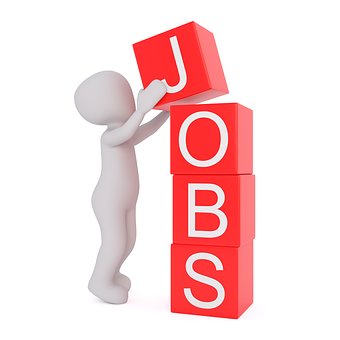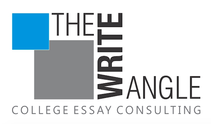Resumes |
A resume is a marketing tool,
Not a biography |
THE GOALS IN BUILDING AN EFFECTIVE RESUME
|
The goal of a resume is to win an interview -- to convince the employer that the applicant is someone worth meeting. In order to accomplish this goal, the resume must do the following:
|
RESUME FOR FIRST JOB/INTERNSHIP
|
Most students and young people are concerned that they have nothing impressive or relevant to put on their resume. This attitude is the same one I encounter when helping students with their college application essays -- they don't realize that they have a unique and interesting story to tell! It's just a matter of digging to find it.
Every student I have worked with has acquired several marketable skills and competencies from things they've done in their first 16+ years of life, whether it be after-school or summer jobs, sports teams, school clubs, volunteering, family chores, etc. My job (and passion!) is to help students realize all the qualities they have to offer and help them put these qualities into persuasive sentences. |
THE PROCESS |
|
|
"Thank you so so much! Those were excellent edits/suggestions [for my resume], and I am working on the final draft. This is definitely your forte. I am so grateful! |
COMMON RESUME MISTAKES TO AVOID
CONTENT
|
APPEARANCE
|


